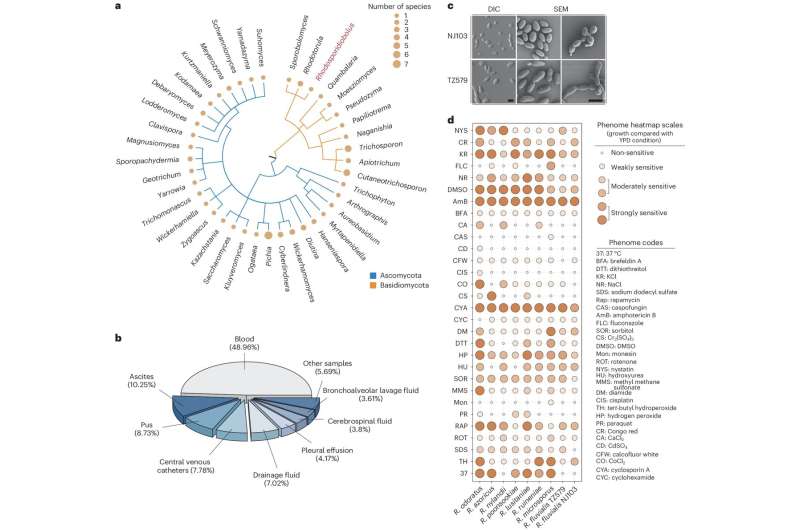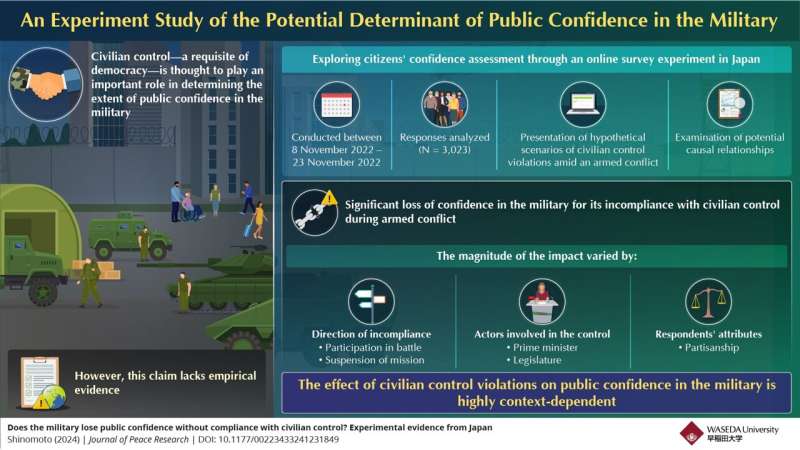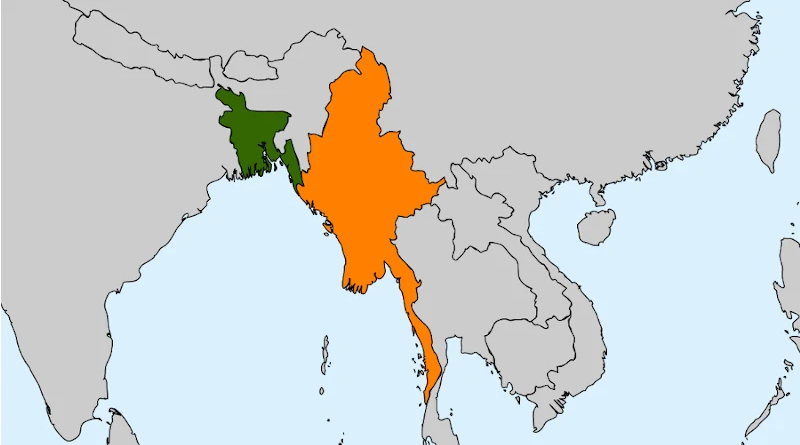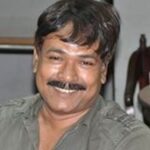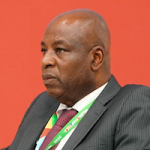South Africa’s historic election results in late May 2024 were another credible testament which, by simple guiding definition, explicitly illustrated democracy as the aggregate will of the people. It was held as stipulated by its constitution. The diverse political expressions were presented through political parties, the the African National Congress (ANC) and its largest rivals the Democratic Alliance (DA), the hard-left Economic Freedom Fighters (EFF), the Inkatha Freedom Party (IFP), and uMkhonto weSizwe Party. Minority parties had their chance to participate, which made it fair and free an electoral progress in South Africa.
This is unlike what happened in Nigeria the so-called giant of Africa, where an election process was mired with ballot box snatching, rigging, violence, and irregularities thereby totally undermining the will of the people.
Despite heightened criticisms, South Africa has illuminated an exemplary template of good governance. In most significant practice, adherence of good governance is one fundamental principle that African leaders have to uphold, as a guiding principle combined with transparency and accountability, to shy away from the shame of being accused over functional political irresponsibility.
Worth reiterating that the political initiative taken by the African National Congress, headed by President Cyril Ramaphosa, to form a coalition has set the rhythmical parameters for the evolutionary processes, without much resistance to the obvious glaring weaknesses and shortfalls of the past administration. The creation of the new executive government emboldened the concept of “unity in diversity” and would have to float a common understanding towards ratifying and removing the existing complexities and contradictions within the framework of aspirations stipulated in the constitution. In another context, it has some relevance for the current shifting geopolitical situation and emerging multipolar architecture.
With its chequered history behind it, South Africa needs comprehensive result-oriented development initiatives, and this can only come through striking compromise and consequently be adopted by the coalition government. The political stalwarts such as the Democratic Alliance (DA) and Inkatha Freedom Party (IFP), now grossly involved in treading the tricky balanced act approved by the parliament on June 14, 2024, raised unswerving hopes for South Africa, the southern African nation of approximately 62 million.
It was a breakthrough to merge political forces marking the ‘great beginning’ of a new chapter, as Economic Freedom Fighters, uMkhonto weSizwe, and other parties have remained antagonistic, and have been termed as the game-losers of the century, marking a significant shift in South African political history after 30 years of ANC dominance. It has some implications, though.
The preceding political agitations culminating in the coalition agreement marked the most significant political change since Nelson Mandela led the ANC to victory in 1994, ending apartheid. “Today is a historic day for our country,” DA leader John Steenhuisen stated, highlighting a new chapter focused on the nation’s interests and future. Similarly acknowledging all these without the least doubts, Ramaphosa described the success as “a remarkable change” and “It will once again be a privilege and pleasure to serve this great nation … (as) president,” said the 71-year-old Ramaphosa, emphasizing a new era of hope and cautious inclusivity. (1)
Tackling Existing Tasks
The newly created executive government would necessarily have to determine the scope of transformation, and the contours for a broader strategic economic resuscitation to uplift South Africa back to its status as Africa’s economic power and an influencer on the global stage, starting from the regional bloc, Southern African Development Community (SADC) and to continental organization, the African Union (AU).
As President Cyril Ramaphosa secured the second term, the preliminary pathway must lead towards tackling the existing pertinent issues that were raised during the election campaign and resulted in a fall of supporters (42%), below the simple majority, for the ANC.
Several reports monitored for this article, the ANC’s decline primarily stemmed from persistent issues such as high poverty, inequality, crime, rolling power cuts, and internal corruption. The DA’s entry into national government signifies a watershed moment for South Africa, as the party advocates for scrapping some of the ANC’s Black empowerment programs, aiming for good governance and a strong economy to benefit all citizens.
Perhaps, South Africa’s newly instituted government has to acknowledge the undeniably challenging future tasks that would require adopting suitable strategies for implementing a set of result-expected policy directions. Across the board, however, experts and investors have already welcomed the coalition, expecting policy continuity and accelerated reforms. It is worth mentioning here that the coalition agreement also outlines priorities, inextricably linked to comprehensive sustainable development, such as economic growth, job creation, land reform, infrastructure development, and fiscal sustainability.
South Africa is the fourth-most populous country in Africa, 80 % of the population are blacks, located entirely south of the equator, after Tanzania. But the most paramount feature is that South Africa has a mixed economy. South Africa’s economy is the most industrialized and technologically advanced in Africa respectively, and has the second largest economy in Africa, after Nigeria. According to research reports, South Africa has a private wealth of $651 billion making its population the richest in Africa followed by Egypt with $307 billion and Nigeria with $228 billion. (2) Despite these, South Africa is still burdened by a relatively high rate of poverty and unemployment and is ranked in the top ten countries in the world.
Unlike most of the world’s industrialized countries, Energy power outrages have bugged down industrial production and domestic utilization. Electricity deficits in an increasing headache across Africa, and majority of the African countries lacked access to this vital component. African Development Bank and African Import-Export Bank reports said half the total Africa’s population has no daily access to electricity. The impact is considered simply as immeasurable, though surmountable. South Africa is currently the only country on the African continent that possesses a nuclear power plant. The primary electricity generator is Eskom, the utility is the largest producer of electricity in Africa and also needs capital repairs as the equipment is obsolete and experiences frequent breakdowns, consequently limiting power supply.
Due to severe mismanagement and corruption at Eskom, the company is R392bn ($22bn) in debt and is unable to meet the demands of the South African power grid. Due to this, Eskom implemented load-shedding, which is periodically switching off electricity to specific power grids in specific time frames. In South Africa, load shedding is done to prevent a failure of the entire system when the demand for electricity strains the capacity of Eskom’s power-generating system. Load shedding is characterized by periods of widespread national-level rolling blackouts.
Dr Kelvin Kemm, a nuclear physicist and former chairman of the South African Nuclear Energy Corporation (NECSA), and current Chairman of Stratek Global, a nuclear project management company based in Pretoria, suggested in a report that the ultimate pathway forward, possibly the “energy mix” can effectively fill certain functions in electricity provision, but “much financial arm-twisting has taken place, in the forms of supposedly soft loans and other inducements to save mankind from the sins of the Industrial Revolution and modern day industrialists.” (4)
Under former President Jacob Zuma, the power crisis in South Africa steadily worsened, as the authorities tried to make up their minds on which direction to follow, according to Kemm. In reality, Zuma pushed for more nuclear power. However, this initiative was vehemently opposed by anti-nuclear green groups who are significantly funded by the countries exporting their green solutions. Zuma-era project to build an additional 9600 MW of nuclear power was torpedoed by the anti-nuclear greens. Then President Cyril Ramaphosa deposed President Jacob Zuma. A hallmark of the tenure of President Ramaphosa has been dithering and uncertainty. The country hoped for a show of strong leadership under President Ramaphosa, but that did not materialize. Thankfully, South Africa is now advancing the nuclear agenda not only by announcing the planned building of a new large nuclear power station but also by supporting the introduction of Small Modular Reactors.
Combined with the energy question discussed above, South Africa is widely infected by corruption. It scored 41 points out of 100 on the 2023 Corruption Perceptions Index. Notwithstanding that, more examples of corruptible governments are abounding in Africa. Critics noted that African leaders are fond of making unilateral decisions, bartering natural resources without cabinet approval and parliamentary discussions. And according to critics, Africans consistently blame their poor performance on external factors. Corruption is a global phenomenon, but that socioeconomic cancer should be tackled seriously in South Africa.
Senior Writer Kate Whiting indicated, in her report on Transparency International’s Global Corruption Barometer, that Corruption is hindering Africa’s economic, political, and social development… More than this, it affects the well-being of individuals, families, and communities.” The report attributed the deterioration of the rule of law and democratic institutions, as well as a rapidly shrinking space for civil society and independent media to corruption in Africa.
Over the years from the apartheid era until today, there has been tremendous growth in multifaceted crimes across South Africa. Reasons could not be far-fetched, as, blacks are unemployed. The entire economy creates highly limited employment places, and again due to porous official policies. From April 2017 to March 2018, on average 57 murders were committed each day in South Africa. More than 526,000 South Africans were murdered from 1994 to 2019. As of February 2023, South Africa unbelievably has the sixth-highest crime rate in the world.
In an article headlined “Coalition Government: A Test For South Africa’s Democracy” published in June 2024, (5) Samir Bhattacharya, a research associate at Observer Research Foundation (ORF) in New Delhi, India, pointed to the possible impact on its future foreign policy and aspects of its implications. Moving forward, the next administration would need to give the country’s foreign policy issues serious attention, chief among them being the delicate balancing act between the West, China, and Russia. At a deeper level, the incoming administration must develop a realistic foreign policy agenda that inspires confidence among investors, both local and foreign. Due to its close ties to all of the superpowers and the BRICS countries, South Africa’s non-alignment approach to international affairs is unlikely to alter in the current environment.
However, there arises a firm need to keep in mind that South Africa still finds strength in its democratic system, which remains a cornerstone of stability and inclusivity. Due to its participation in numerous international issues and membership in groups such as the G20 and BRICS, South Africa is a significant global player. It has lately surpassed Nigeria to become the largest economy on the African continent. South Africa’s latest developments are closely watched not only in the continent but also globally.
Logical Glimpse into the Future
South Africa boasts of an excellent reputation on the global stage. It is also a member of the Southern African Development Community and the African Union. It is a founding member of the AU’s New Partnership for Africa’s Development. After apartheid ended, South Africa was readmitted to the Commonwealth of Nations. Chronicling history, Johannesburg hosted the latest XVI BRICS summit, and continues to play a pivotal role in the BRICS association. China supported by Russia, in 2011, South Africa was enrolled into the informal association BRICS (Brazil, Russia, India, China, and South Africa). Jacob Zuma asserted that BRICS member countries would also work with each other through the UN, G20, and the India, Brazil South Africa (IBSA) forum.
According to local African and foreign critics, despite its widened bilateral relations with many foreign countries, and yet South Africa suffers from high youth unemployment, grappling with energy supply deficits, and many other economic obstacles discussed earlier in this article. Ramaphosa consistently attributes weak economic performance to external factors. In his speeches after the second inauguration on June 19, 2024, Ramaphosa unswervingly promised to embark on a swift and vigorous economic resuscitation of South Africa, and within the new geopolitical reality. Nonetheless, the past was seemingly a difficult time. Ramaphosa has to ‘walk the talk’ as illustrated by well-coined linguistic phrases to win the hearts of the working-class, entrepreneurs, and middle-class population. The logic behind his re-election and re-appointment signalizes a complete turning point and a new chapter, at first with steadfastness, cooperating and collaborating in a close-knitted manner with the broad coalition and stakeholders in readiness to adopt radical measures in dealing with the existing economic deficiencies, striving further to improve the economic status of South Africa. The new chapter brings in its fold the necessity to make contentious steps toward achieving visible economic progress and ensuring ultimate economic sovereignty, creating an inspiring bright future for the generations as stipulated within the constitution of South Africa.
References
1. Official speeches by DA leader John Steenhuisen and ANC Cyril Ramaphosa, made available at the websites (June 2024).
2. “World Bank: South Africa” (PDF). Archived (PDF) from the original on 20 April 2023.
3. Transparency International’s Global Corruption Barometer, April 2023 report.
4. Ramaphosa’s Administration and the Electricity Challenges in South Africa. Dr Kelvin Kemm (May 2024) interview published by Eurasia Review.
5. Samir Bhattacharya, Coalition Government: A Test For South Africa’s Democracy (June 2024), interview published by Global Research.
South Africa's Parliament. Photo Credit: SA News
